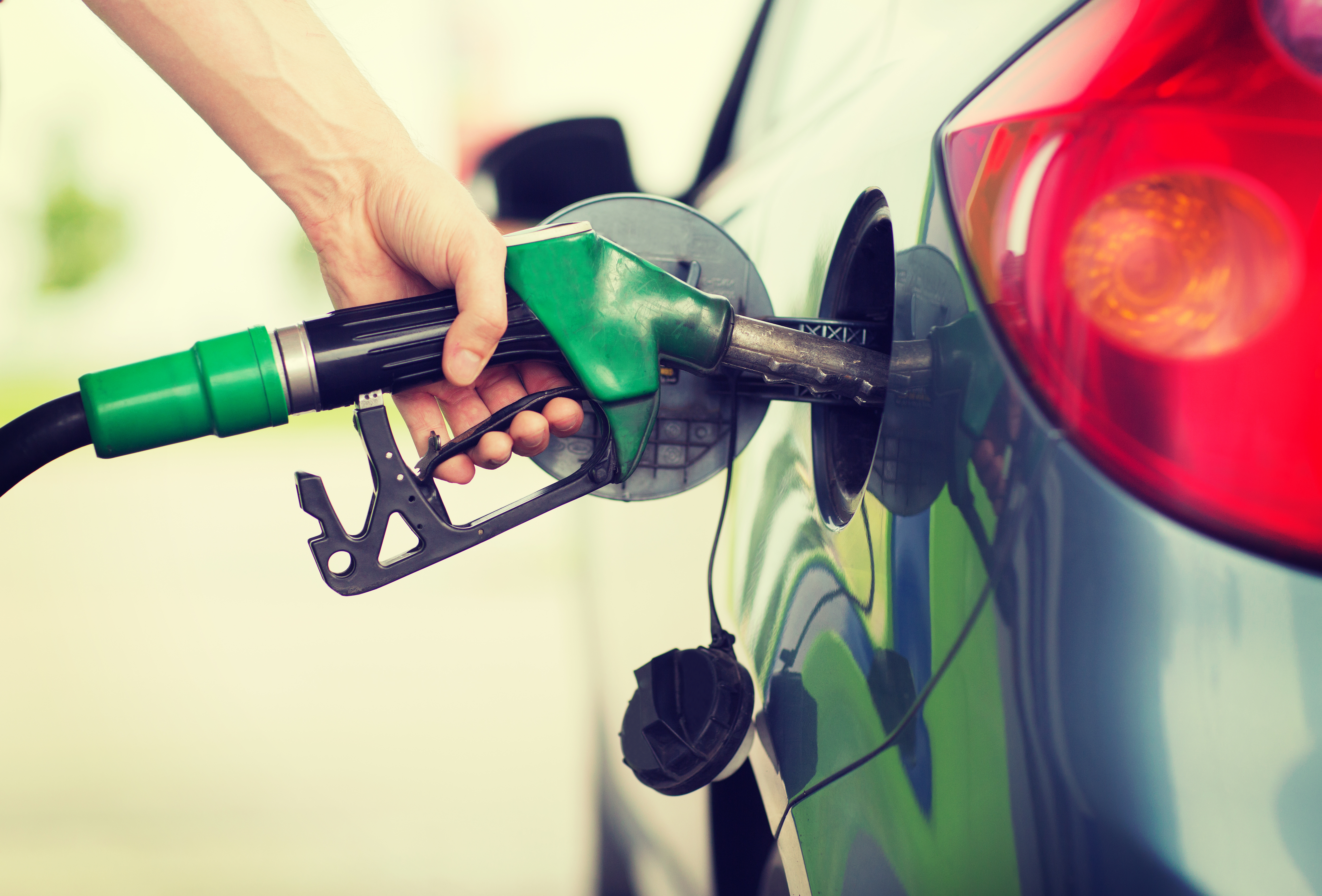Household Bills
‘Greedy’ fuel sellers pump margins as drivers ‘fleeced’

Fuel prices hit a four-year low during lockdown but drivers were being overcharged at the pumps as sellers failed to pass on the savings.
Retailers failed to pass on the full reduction in wholesale prices as they lined their own pockets instead, according to a damning investigation.
Margins rose from 10p a litre to 18p, an increase of 80% in the weeks after lockdown measures were introduced, consumer champion Which? revealed.
This is the biggest jump of any week in 2019 and 2020. In the same week in 2019, the margin was 8p a litre, while in April 2019, it was just 5p a litre.
It said despite a noticeable fall in the cost of unleaded petrol, drivers were overpaying even when forecourt prices hovered between £1.02 and £1.04 a litre at supermarkets in March and April.
In May when prices finally fell below £1 at the supermarkets, Which? said many independent petrol stations remained several pence per litre more expensive.
However, it noted that this may have been necessary for smaller independent forecourts to survive the pandemic, while for bigger independents, they will have made savings of millions of pounds during lockdown.
Currently, there are no established rules on the margins retailers can apply to pump prices. Privately owned motorway services can charge large premiums for fuel compared with other forecourts.
And this means there are often regional differences. As an example, Which? said the difference in price between Northern Ireland and the South East of England was as much as 8p a litre for petrol and 6p a litre for diesel. Drivers in Northern Ireland get the best deal, because there is a proportionally high number of forecourts and therefore increased competition to keep prices low.
Petrol is generally cheaper in towns and cities than in rural locations. But supermarket fuel forecourts, even in the countryside, are still cheaper than oil-company-owned petrol stations in cities, the consumer champion said.
It added that while retail margins have started to drop closer to pre-lockdown levels as demand returns to normal, the pandemic has highlighted serious issues with the uncapped margins being set by fuel retailers. As such, drops in wholesale prices must be fairly reflected at the pumps and savings passed on to drivers, no matter where they buy their fuel.
‘No excuse to keep savings to themselves’
Harry Rose, editor of Which? said: “While there may have been fair cause for some fuel sellers to increase retail margins in order to survive lockdown, there really is no excuse for some larger retailers to be keeping savings for themselves during the pandemic. For customers to be charged fairly at the pumps wholesale savings must be passed on.
“If you want to save money on fuel, buy an economical car and fill it up at a supermarket. Although if you have a local and convenient garage that you like using, do continue to give it your support.”
Howard Cox, founder of FairFuelUK said UK drivers, even now the world’s highest taxed, have been political and commercial cash cows for far too long.
Cox added: “The prime minister must put in place what we and dozens of MPs have been calling for through our APPG (All-Party Parliamentary Groups) and to implement a new ‘PumpWatch’ body now.
“95% of FairFuelUK’s 1.7m supporters want ‘PumpWatch’ to work just like other consumer pricing watchdogs such as Ofgem, Ofcom and Ofwat, in order to protect UK’s 37m drivers every time they fill up, and as and when oil and wholesale fuel prices fluctuate.”